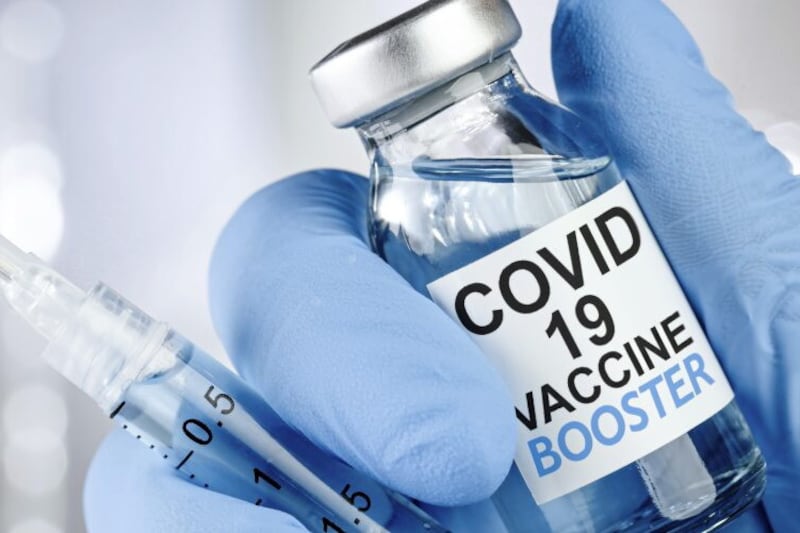A SPRING booster vaccine against Covid-19 is to be offered to people at most risk of serious illness from the virus.
Those who are eligible - including those aged 75 and over and individuals aged five years and over who are immunosuppressed - can get the vaccine roughly six months after their last dose.
Chief medical officer Sir Michael McBride said: "Roll out of the latest booster campaign is due to commence in mid April and run until the end of June and cover a population of almost 190,000 individuals.
"The programme will include those who turn 75 years old by 30th June 2023 who will be eligible for a vaccination at any point during the spring campaign.
"Those who are admitted to an older adult care home or become immunosuppressed by 30 June 2023 will be considered eligible as well."
Similar to the earlier stages of the Covid-19 vaccination programme, for the spring booster programme all care homes will be paired with a community pharmacy who will attend the home and offer vaccination to all residents.
GPs will be asked to invite their eligible patients aged 75 and over and those who are immunocompromised to attend for vaccination. Individuals will also have the option to receive the vaccine via a participating community pharmacy.
Since the vaccination programme was first rolled out in Northern Ireland in December 2020, almost 4.5 million vaccines have been administered.
Meanwhile, student immunisation catch-up programmes are to be held in colleges and universities across Northern Ireland to give those who missed school vaccines during the Covid-19 pandemic.
The programme will begin on March 13.
Teenage immunisations include the three-in-one teenage booster (Tetanus, diphtheria and polio), the MenACWY, which protects against four strains of meningococcal bacteria which cause meningitis and blood poisoning and the HPV vaccine, which protects against cervical, head and neck cancers.
Deidre Ward from the Public Health Agency (PHA) said: "The teenage immunisation vaccines are normally offered as part of the school-based vaccination programme, however due to the disruption caused during the Covid-19 pandemic some children may have missed getting the vaccines.
"Getting immunisations as a teenager is every bit as important as the vaccinations that you receive as a baby or toddler."



